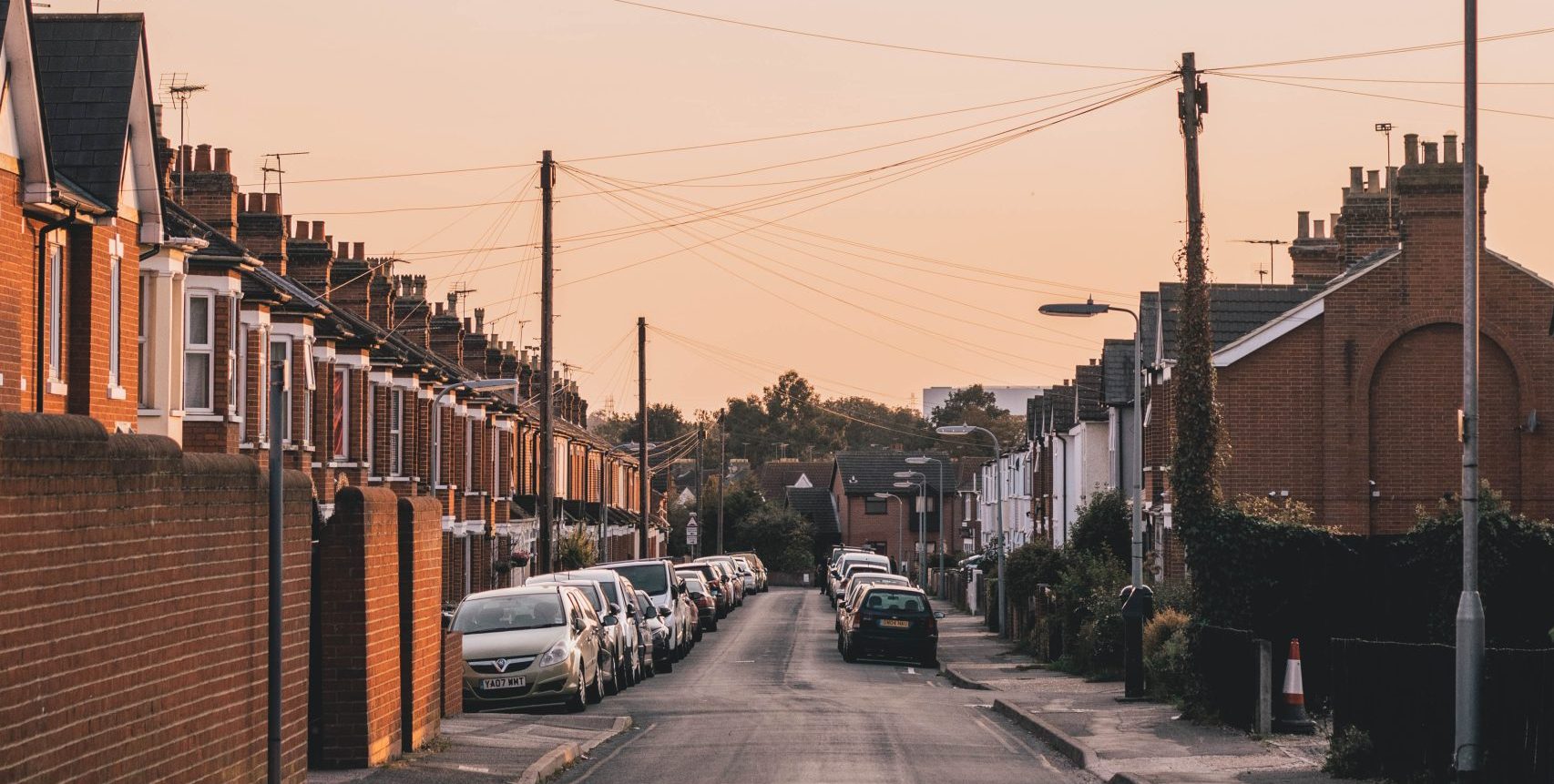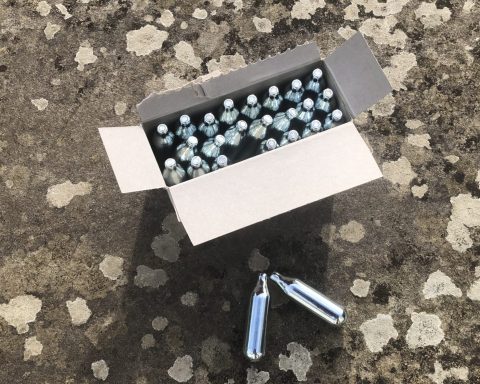 Janani Lambotharan is a year 4 medical student at Leicester Medical School. She is on LinkedIN
Janani Lambotharan is a year 4 medical student at Leicester Medical School. She is on LinkedIN
One of the first questions my GP supervisor asked was, “What did you notice on the way here?”. Having walked to the practice, my main observation was the distance from home and whether I could repeat this walk twice a day, every day, for the next twelve weeks. Sensing this probably was not what she meant, I thought about why she had asked this. Reflecting on the walk, I recalled my clinical partner and I discussing whether we would feel safe in the area at night. Hesitant to admit this to our supervisor, we described the area as being “run-down” in comparison to our usual experience of Leicester. From her reaction it was clear we had said the right thing and she explained the demographics of the area. She disclosed that the GP practice was the largest within its primary care network and situated within a deprived area, home to a diverse population of working-class individuals. Her question appeared simple at first but revealed, what I thought to be, the greatest skill in being a GP; the art of noticing.*
I have always considered myself to be an observant individual. I’m usually the first to notice when a friend has a new haircut or changes their earrings: a somewhat mundane quality, but one I’ve always taken pride in. Reactions from others to these realisations tend to vary from surprise, appreciation and occasionally concern that someone has paid such close attention. Personally, I find it comforting when someone notices these subtle alterations and my GP rotation highlighted that patients feel the same way. I found that patients often left a trail of clues, hoping the GP could ease their unspoken worries. This rotation challenged me to pay closer attention to these hints to fully understand how I could support my patients.
Her question appeared simple at first but revealed, what I thought to be, the greatest skill in being a GP; the art of noticing.
Consultations that particularly stood out to me began with basic introductions to patients presenting with common debilitating conditions, such as a history of back pain. As such consultations progressed, the GP explored their symptoms, relevant past medical history and lifestyle factors including (for example) an extensive smoking history. Connecting the dots on one occasion I moved cancer higher on my list of potential differential diagnoses. Applying my knowledge to unearth the diagnosis was stimulating, however, it was unusual responses to the GP’s questions that intrigued me. To myself as the observer, the questions asked seemed fairly simple but I was confused when patients’ replies that seemed unrelated to what the doctor had asked. Despite this hurdle, the GP completed such consultations having ascertained the relevant information to start appropriate investigations.
On one occasion when a patient left, my clinical partner and I discussed the case, commenting on the uneasy nature of these particular consultations. We tried to find links between the patient’s answers and the GP’s questions but struggled to find any connections. It was then that the GP interjected, pushing us to question why a patient may have responded this way. The same way a new haircut can change the shape of your face and redefine your features, the fear of a potentially sinister diagnosis can change your interactions and ability to process information. For example, although the dreaded ‘C’ word had not been used explicitly in a consultation, the GP highlighted that it was clearly something patients were concerned about and this could manifest through a lack of sensible responses. I felt like I was viewing the consultation through a new lens, replaying it again in my head to identify whether there were other clues of patient concern I had failed to notice.
Throughout my GP block I was worried I was losing my sense of empathy during consultations … I now felt it was something I was constantly reminding myself to do.
Throughout my GP block I was worried I was losing my sense of empathy during consultations. I compared my consultation skills with Clinical, Holistic Diagnostic Detective (CHDD) course sessions in the previous year, where demonstrating empathy felt like an effortless task. However, I now felt it was something I was constantly reminding myself to do. In these sessions, weaving ‘I’m sorry to hear that’ and ‘I can only imagine how difficult that must be’ into the conversation gave me the chance to slow the pace of the consultation and truly empathise with the actor. Now, trying to formulate effective questions to distinguish my top differential and responding to the information provided by the patient, aware that my ten minutes were slipping away from me meant that these phrases were heard less often and empathy was pushed lower down on my agenda. I was worried that my consultations were turning into tick box exercises and I was losing sight of what was most important – my patients. Determined to rectify this, I shared my concerns with the GPs when I was observing them. Each had their own techniques, and I learnt that empathy doesn’t always have to be a direct statement. Leaning forward when a patient is speaking, asking them how they are, pausing from taking notes to acknowledge what they are saying were all ways in which they displayed empathy. I realised that I could incorporate these into consultations whilst juggling the challenges of history taking and time pressures.
As I replayed a particular consultation in my head, the GP’s reassurance of thorough investigations and swift assessment of the results seemed to carry more weight. I could only imagine the relief this provided the patient. At the start of the consultation, any patient might be plagued with the worry of a potentially sinister diagnosis, so fearful as to having been unable to articulate this explicitly. However, the GP’s recognition of this meant patients left the consultation knowing that someone was working hard to provide clarity during such a distressing time. Although the GP had not been able to provide a definitive answer, her ability to notice a patient’s silent struggle was hugely impactful.
My observational skills are still something I take pride in but I hope that I can broaden this from spotting new haircuts to picking up clues from patients and reflecting on my practice in order to cultivate the art of noticing that proved to be pivotal during my GP rotation.
*Deputy Editor’s note: This clinical reflection is shared with the explicit encouragement of Leicester medical school and the supervising GP
Photo by Super Straho on Unsplash




Wow this was an eye-opening reflection! Well done and keep it up Janani!
This reflection is beautifully written and insightful. You capture the “art of noticing” in patient care with maturity; recognising the importance of empathy, subtle observation and understanding unspoken concerns. It’s inspiring to see such dedication to developing these skills. Well done Janani!
Well done, Janani! This is a wonderful piece of reflective writing. You’ve captured an essential aspect of being a GP – how observing the small cues patients offer can make a big difference in their care. I especially appreciated your reflection on balancing empathy with the practical demands of consultations. Congratulations!
I can’t say I’ve ever given “the art of noticing” the thought it deserves. You’ve really made me take something away from this piece and I shall delve deep into what I feel about this. Thanks for this Janani!